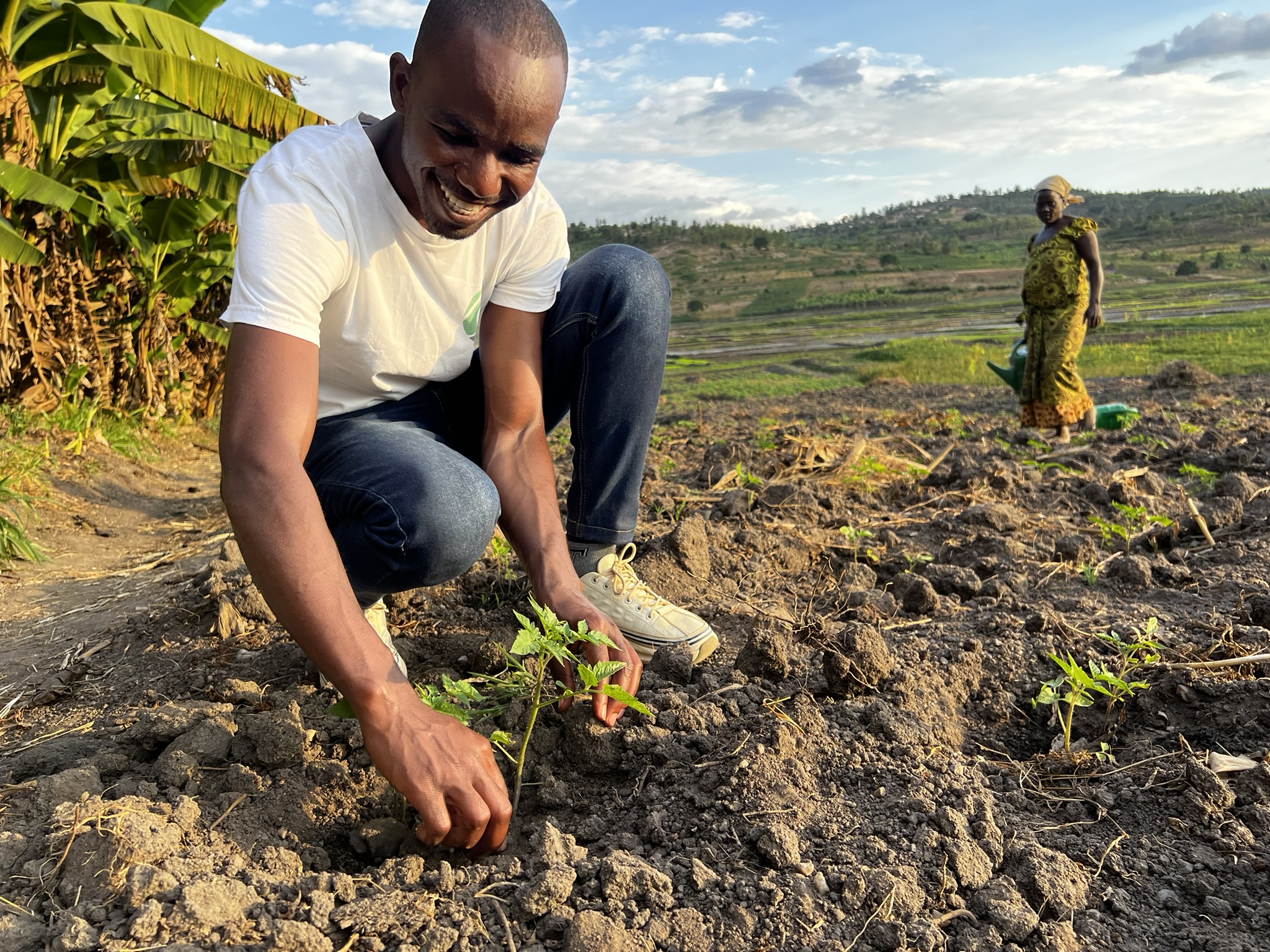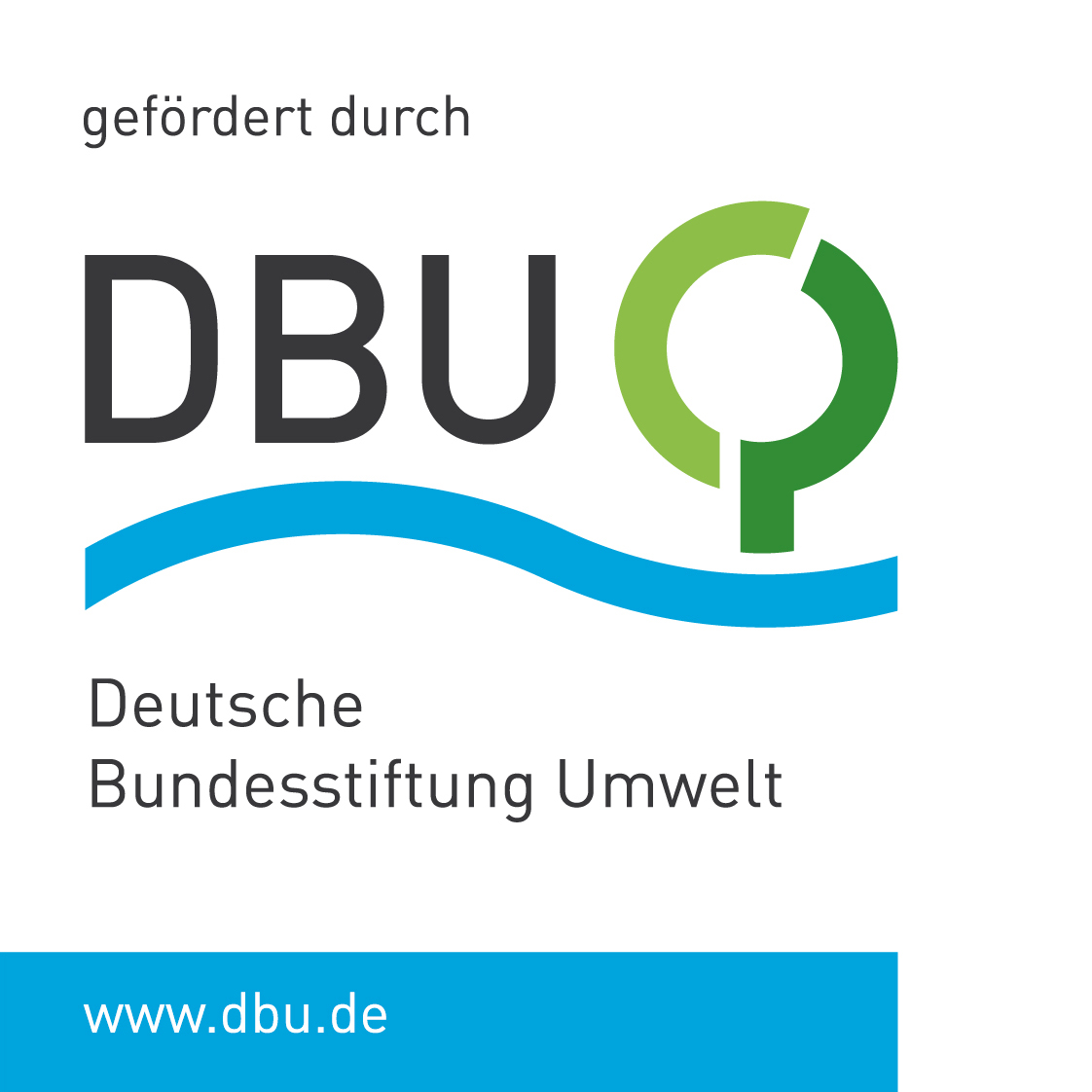MORE THAN CARBON REMOVAL
Our biochar bridges climate action and sustainable farming.

WORKING WITH NATURE TO REMOVE CARBON
Plants absorb CO₂ – but this storage is often temporary. Biochar, a stable form of carbon produced through the pyrolysis of biomass, stores CO₂ permanently. When applied in agriculture, it not only enhances soil quality but also improves its long-term fertility. This way, we increase yields and remove CO₂ from the atmosphere – for a sustainable future.
Direct & permanent
Biochar stores CO₂ directly and permanently in the soil.
Transparency
Certifications, on-site visits, and digital tracking ensure clear, verifiable data.
Be part of it
More than Carbon Removal: Meet our farmers and hear their stories.






